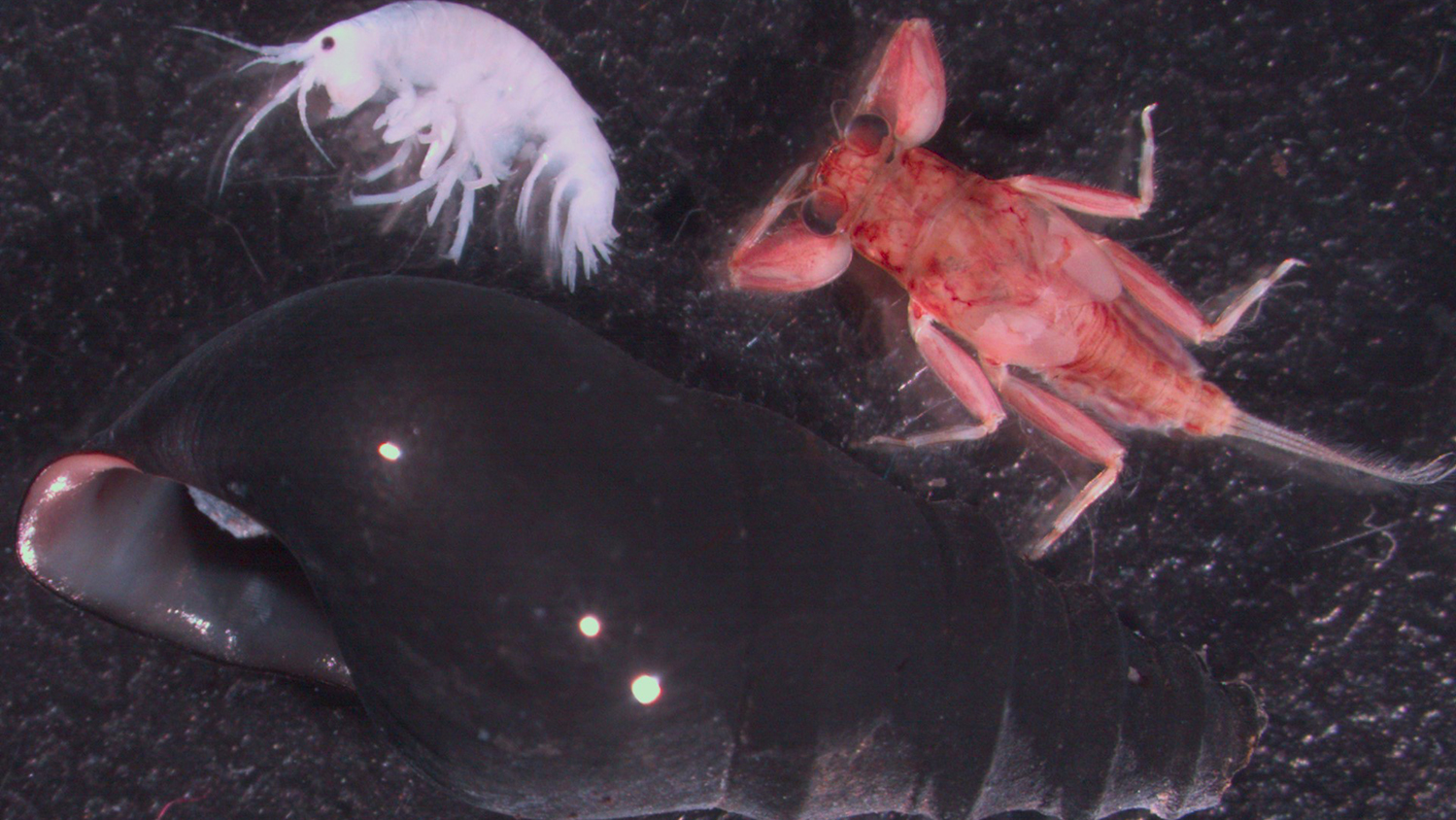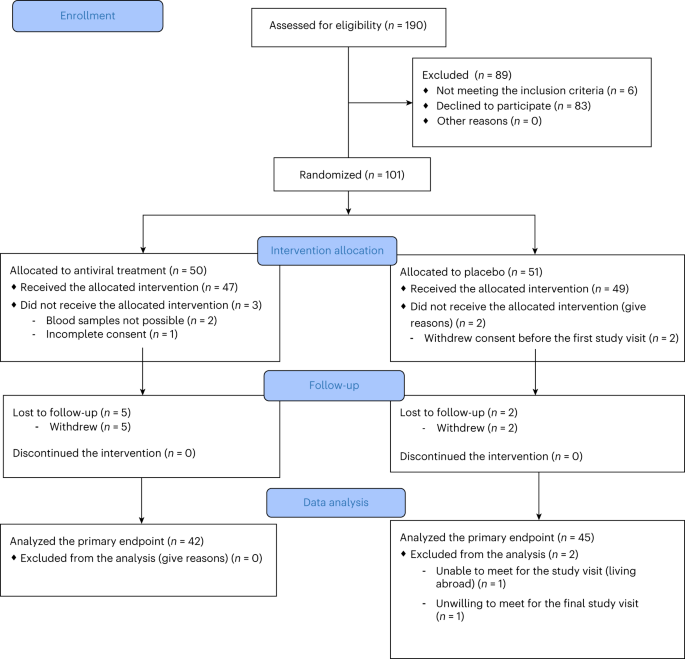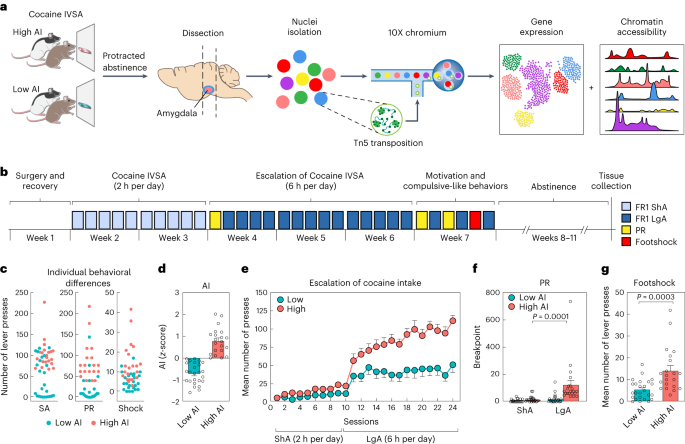2023-10-05 ノースカロライナ州立大学(NCState)

Clockwise from upper right: scud, mayfly and snail
◆淡水環境の塩分濃度が増加している要因は、道路の塩、農業排水、資源の採掘、干ばつ、海面上昇などが挙げられます。淡水昆虫は生態系の健康を示す指標として使用されますが、塩分が増加すると昆虫の多様性が減少する傾向があり、その理由は不明でした。
◆研究によれば、淡水昆虫は高塩分環境で代謝率が変わらず、代謝反応が不足している可能性が示唆されます。これに対して、他の淡水生物は低塩分環境では代謝率が上昇し、カルシウムイオンの取り込みに努力します。
◆淡水昆虫はカルシウムに対する需要が低いため、非常に希釈された環境でも繁栄できる可能性があります。淡水昆虫と他の淡水生物が同じ環境で異なる生理学を持つことが興味深い結果です。
<関連情報>
- https://news.ncsu.edu/2023/10/consistent-metabolism-may-prove-costly-for-insects-in-saltier-water/
- https://journals.biologists.com/jeb/article/doi/10.1242/jeb.246376/330687/Respirometry-reveals-major-lineage-based
水生無脊椎動物における呼吸エネルギー代謝の系統的差異が明らかになる
Respirometry reveals major lineage-based differences in the energetics of osmoregulation in aquatic invertebrates
Jamie K. Cochran,Catelyn Banks,David B. Buchwalter
Journal of Experimental Biology Published:28 September 2023
DOI:https://doi.org/10.1242/jeb.246376
All freshwater organisms are challenged to control their internal balance of water and ions in strongly hypotonic environments. We compared the influence of external salinity on the M.O2 of three species of freshwater insects, one snail, and two crustaceans. Consistent with available literature, we find a clear decrease in M.O2 with increasing salinity in the snail Elimia sp. and crustaceans Hyalella azteca and Gammarus pulex (r(5)= -0.90, p=0.03). However, we show here for the first time that metabolic rates are unchanged by salinity in aquatic insects, whereas ion transport rates are positively correlated with higher salinities. In contrast, when we examined the ionic influx rates in freshwater snail and crustaceans, we found that Ca uptake rates were highest under the most dilute conditions, while Na uptake rates increased with salinity. In G. pulex exposed to a serially diluted ion matrix, calcium uptake rates were positively associated with oxygen consumption rates (r(5)=-0.93, p=0.02). This positive association between Ca uptake rate and oxygen consumption was also observed when conductivity was held constant, but Ca concentration was manipulated (1.7-17.3 mg Ca L-1) (r(5)=0.94, p=0.05). This finding potentially implicates the cost of calcium uptake as a driver of increased metabolic rate under dilute conditions in organisms with calcified exoskeletons and suggests major phyletic differences in osmoregulatory physiology. Freshwater insects may be energetically challenged by higher salinities, while lower salinities may be more challenging for other freshwater taxa.


